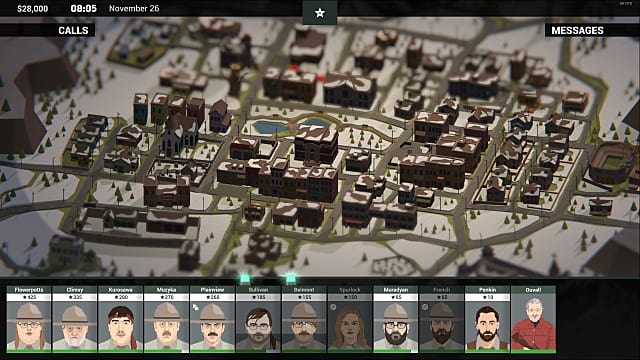
Can we share personal data originally processed under the UK GDPR for law enforcement purposes? How does the crime and taxation exemption work?.Is there anything else we need to consider?.Do we need to tell individuals that we are sharing their personal data?.How much personal data should we share?.Can we share criminal offence data with law enforcement authorities?.Can we share special category data with law enforcement authorities?.How do we decide on our lawful basis for sharing?.When might we need to share personal data with law enforcement authorities?.Can we share personal data with law enforcement authorities?.What do you mean by a law enforcement authority?.☐ We ensure that the personal data is shared in compliance with our other data protection duties and obligations, including fairness, accuracy and security. ☐ We only share the minimum necessary amount of relevant and adequate personal data. ☐ We record our lawful basis and, if relevant, our conditions for processing special category or criminal offence data. ☐ We identify a condition for processing under Article 10 of the UK GDPR and a relevant condition in Schedule 1 of the DPA 2018 before sharing criminal offence data. ☐ We also identify a condition for processing under Article 9 of the UK GDPR and any relevant condition in Schedule 1 of the DPA 2018 before sharing special category data. If the sharing of personal data was not the original intention of the processing, we consider whether this new purpose is compatible with that original purpose. ☐ We identify a lawful basis under Article 6 of the UK GDPR before sharing the personal data. ☐ We consider what the purpose is for sharing personal data with law enforcement authorities, and whether it is necessary and proportionate to do so. This is not a blanket exemption and you must consider it on a case-by-case basis. Paragraph 2 of Schedule 2 of the DPA 2018 provides an exemption (the “crime and taxation” exemption) from the UK GDPR’s transparency obligations and most individual rights, but only if complying with them would prejudice the prevention or detection of crime, or the apprehension or prosecution of offenders.Paragraph 10 of Schedule 1 of the DPA 2018 provides a condition for sharing special category data or criminal offence data where it is necessary for the prevention or detection of unlawful acts, and where asking for consent would prejudice that purpose.The DPA 2018 sets out specific conditions for this.


If you want to share special category data you need both a lawful basis and a condition for processing under Article 9.If you want to share personal data with a law enforcement authority you need a lawful basis under Article 6.The UK GDPR and the DPA 2018 allow for this type of data sharing where it is necessary and proportionate. The UK GDPR does not prevent you sharing personal data with law enforcement authorities (known under data protection law as “competent authorities”) who are discharging their statutory law enforcement functions.


 0 kommentar(er)
0 kommentar(er)
